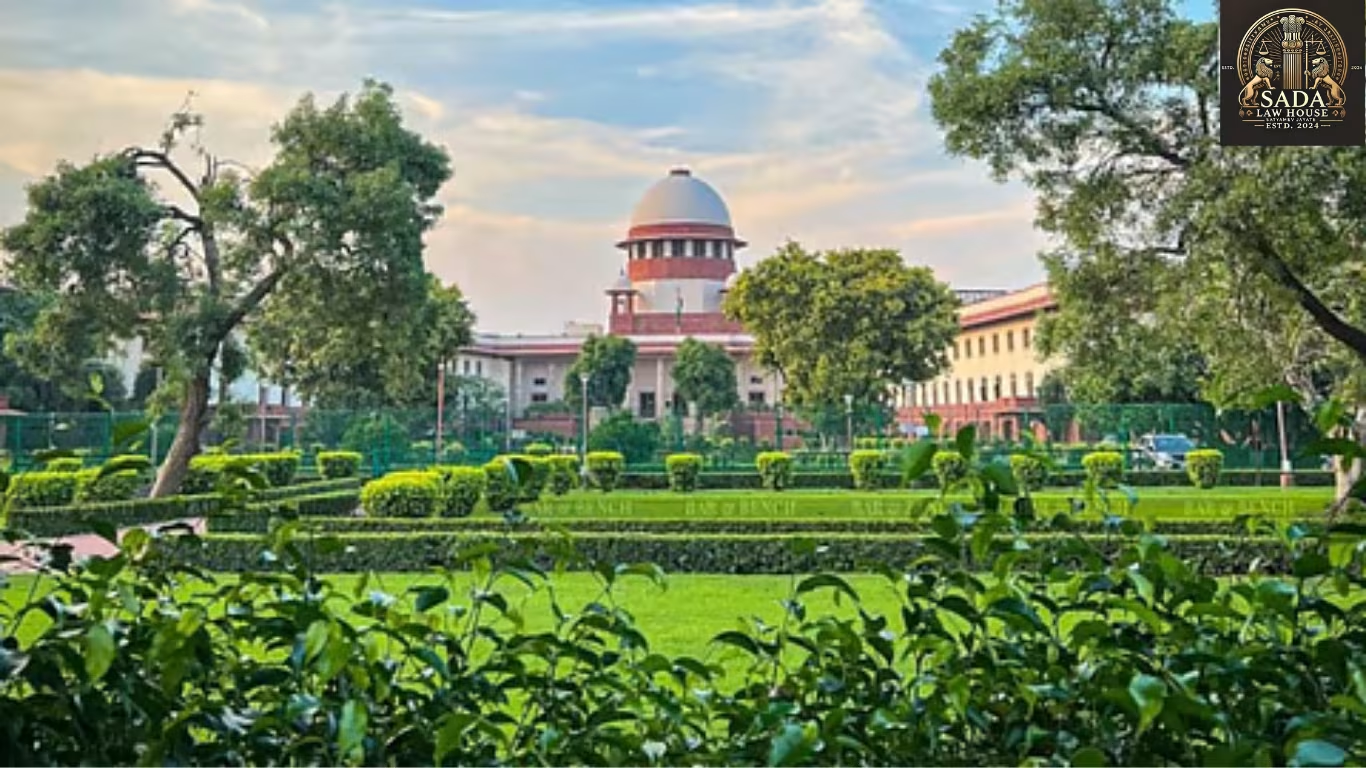Mother Can’t Be Denied Child Custody Merely Because She Is Not as Wealthy as Father: J&K High Court
- Kashak Agarwala
- 16 September 2025

Introduction:
The High Court of Jammu and Kashmir and Ladakh has ruled that financial superiority of a father cannot be the sole ground to deny custody rights to the mother. Justice Javed Iqbal Wani emphasized that the welfare of the child includes emotional, moral, and physical care, not just financial security.
Background:
The case arose from an appeal against a Srinagar trial court order granting custody of two minors to their father. The trial court relied primarily on the father’s stronger financial status and an alleged breach of undertaking by the mother.
Key Developments:
Justice Wani clarified that the lack of financial means does not disqualify a mother from being a custodian.
The Guardian and Wards Act, 1890, was cited to highlight that the welfare of the child should be understood broadly.
Courts in India have consistently recognized the importance of a mother’s role in the formative years.
Issues:
Whether financial ability alone is enough to determine custody.
The impact of marital discord, including the father’s conviction in Qatar for assaulting the mother.
Balancing continuity of care and emotional stability against financial considerations.
Interpretation of Muslim personal law on custody (Hizanat).
Current Status:
The High Court quashed the Srinagar trial court order.
Custody of the two minors was granted to the mother, with visitation rights to the father.
The Court noted the children’s settled environment with their mother since 2022, her ability to care with support from her parents, and the elder child’s preference against being cared for by a maid in Qatar.
Conclusion:
The J&K High Court reinforced that custody decisions must prioritize the holistic welfare of the child, not just financial aspects. The judgment underscored the irreplaceable role of mothers in early childhood and rejected gender-based disqualifications under personal law. Stability, emotional security, and welfare were held paramount.
Live Cases




